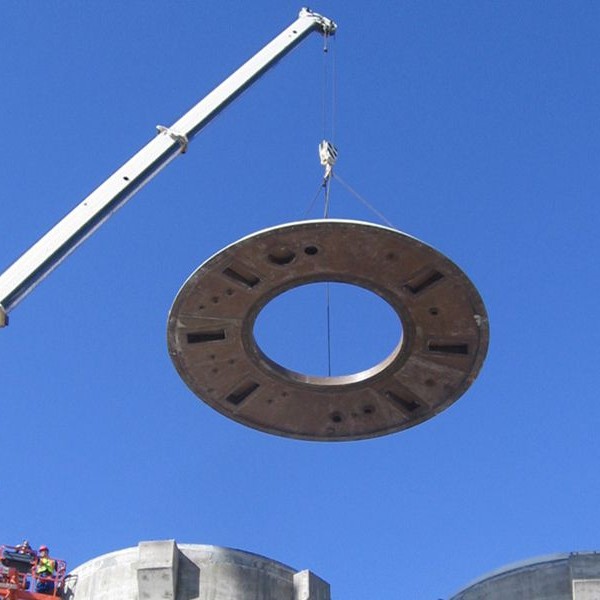
-
 Afrikaans
Afrikaans -
 Albanian
Albanian -
 Amharic
Amharic -
 Arabic
Arabic -
 Armenian
Armenian -
 Azerbaijani
Azerbaijani -
 Basque
Basque -
 Belarusian
Belarusian -
 Bengali
Bengali -
 Bosnian
Bosnian -
 Bulgarian
Bulgarian -
 Catalan
Catalan -
 Cebuano
Cebuano -
 China
China -
 China (Taiwan)
China (Taiwan) -
 Corsican
Corsican -
 Croatian
Croatian -
 Czech
Czech -
 Danish
Danish -
 Dutch
Dutch -
 English
English -
 Esperanto
Esperanto -
 Estonian
Estonian -
 Finnish
Finnish -
 French
French -
 Frisian
Frisian -
 Galician
Galician -
 Georgian
Georgian -
 German
German -
 Greek
Greek -
 Gujarati
Gujarati -
 Haitian Creole
Haitian Creole -
 hausa
hausa -
 hawaiian
hawaiian -
 Hebrew
Hebrew -
 Hindi
Hindi -
 Miao
Miao -
 Hungarian
Hungarian -
 Icelandic
Icelandic -
 igbo
igbo -
 Indonesian
Indonesian -
 irish
irish -
 Italian
Italian -
 Japanese
Japanese -
 Javanese
Javanese -
 Kannada
Kannada -
 kazakh
kazakh -
 Khmer
Khmer -
 Rwandese
Rwandese -
 Korean
Korean -
 Kurdish
Kurdish -
 Kyrgyz
Kyrgyz -
 Lao
Lao -
 Latin
Latin -
 Latvian
Latvian -
 Lithuanian
Lithuanian -
 Luxembourgish
Luxembourgish -
 Macedonian
Macedonian -
 Malgashi
Malgashi -
 Malay
Malay -
 Malayalam
Malayalam -
 Maltese
Maltese -
 Maori
Maori -
 Marathi
Marathi -
 Mongolian
Mongolian -
 Myanmar
Myanmar -
 Nepali
Nepali -
 Norwegian
Norwegian -
 Norwegian
Norwegian -
 Occitan
Occitan -
 Pashto
Pashto -
 Persian
Persian -
 Polish
Polish -
 Portuguese
Portuguese -
 Punjabi
Punjabi -
 Romanian
Romanian -
 Russian
Russian -
 Samoan
Samoan -
 Scottish Gaelic
Scottish Gaelic -
 Serbian
Serbian -
 Sesotho
Sesotho -
 Shona
Shona -
 Sindhi
Sindhi -
 Sinhala
Sinhala -
 Slovak
Slovak -
 Slovenian
Slovenian -
 Somali
Somali -
 Spanish
Spanish -
 Sundanese
Sundanese -
 Swahili
Swahili -
 Swedish
Swedish -
 Tagalog
Tagalog -
 Tajik
Tajik -
 Tamil
Tamil -
 Tatar
Tatar -
 Telugu
Telugu -
 Thai
Thai -
 Turkish
Turkish -
 Turkmen
Turkmen -
 Ukrainian
Ukrainian -
 Urdu
Urdu -
 Uighur
Uighur -
 Uzbek
Uzbek -
 Vietnamese
Vietnamese -
 Welsh
Welsh -
 Bantu
Bantu -
 Yiddish
Yiddish -
 Yoruba
Yoruba -
 Zulu
Zulu
Durable Fiberglass Solutions for Long-lasting Corrosion Resistance and Strength in Harsh Environments
Corrosion-Resistant Fiberglass A Solution for Enduring Durability
In an age where durability and sustainability are paramount, the role of innovative materials has never been more critical. One such material is corrosion-resistant fiberglass, which offers a robust solution for various industries facing the challenges of environmental degradation, corrosive substances, and the need for longevity.
Understanding Corrosion and Its Impact
Corrosion is a natural process that results in the deterioration of materials, typically metals, when exposed to moisture, chemicals, and harsh environmental conditions. The consequences of corrosion are widespread, affecting infrastructure, transportation, and manufacturing—leading to safety hazards, increased maintenance costs, and operational downtime. As industries strive to minimize these effects, materials impervious to corrosion, such as fiberglass, present a compelling alternative.
What is Corrosion-Resistant Fiberglass?
Corrosion-resistant fiberglass is a composite material made from a matrix of polymer resins reinforced with glass fibers. Its unique combination of properties makes it superior to traditional materials like steel or aluminum. Fiberglass can be customized with different resin systems, offering various grades of corrosion resistance tailored to specific environmental conditions. Whether it's exposure to salty marine environments, harsh chemicals in industrial settings, or moisture-laden atmospheres, corrosion-resistant fiberglass delivers significant advantages.
Key Advantages of Corrosion-Resistant Fiberglass
1. Durability Fiberglass is renowned for its impressive strength-to-weight ratio, providing exceptional durability while remaining lightweight. This characteristic is particularly beneficial in applications where weight reduction is crucial, such as in the automotive and aerospace industries.
'corrosion-resistant fiberglass for enduring durability.'

2. Chemical Resistance Fiberglass can withstand a wide range of chemicals, making it ideal for use in chemical processing, wastewater treatment, and oil and gas applications. The specific resin used in fiberglass construction affects its chemical resistance, enabling it to endure harsh substances without degrading.
3. Low Maintenance Unlike metals that require regular painting or protective coatings to prevent rust and corrosion, fiberglass necessitates minimal maintenance. Its resistance to environmental factors reduces the frequency and costs associated with repairs or replacements.
4. Versatility Corrosion-resistant fiberglass can be molded into complex shapes and designs, offering versatility for various applications. From piping systems to tanks and storage containers, its adaptability allows engineers and designers to create solutions tailored to specific challenges.
5. Cost-Effectiveness While the initial investment in corrosion-resistant fiberglass may be higher than traditional materials, the long-term savings from reduced maintenance, fewer replacements, and extended lifespan make it a cost-effective choice.
Applications Across Industries
The applications of corrosion-resistant fiberglass span a vast array of industries. In the chemical industry, it serves as piping and storage systems resistant to acids and other aggressive substances. In infrastructure, fiberglass-reinforced polymer (FRP) products are used in bridges, walkways, and grating for their non-corrosive properties. The marine sector benefits from fiberglass boats and components that withstand the rigors of sea conditions without succumbing to corrosion. Furthermore, in the energy sector, fiberglass is increasingly utilized in wind turbines where lightweight, durable materials play a critical role in efficiency and longevity.
Conclusion
As industries continue to seek innovative solutions that ensure safety, sustainability, and cost-effectiveness, corrosion-resistant fiberglass stands out as a material that embodies these qualities. Its exceptional durability, chemical resistance, and low maintenance requirements make it a top choice across numerous applications. In a world where environmental challenges are ever-present, adopting corrosion-resistant materials like fiberglass not only protects infrastructure and investments but also fosters a productive, sustainable future. The time has come for businesses and manufacturers to embrace this innovative solution and pave the way for enduring durability in their operations.









